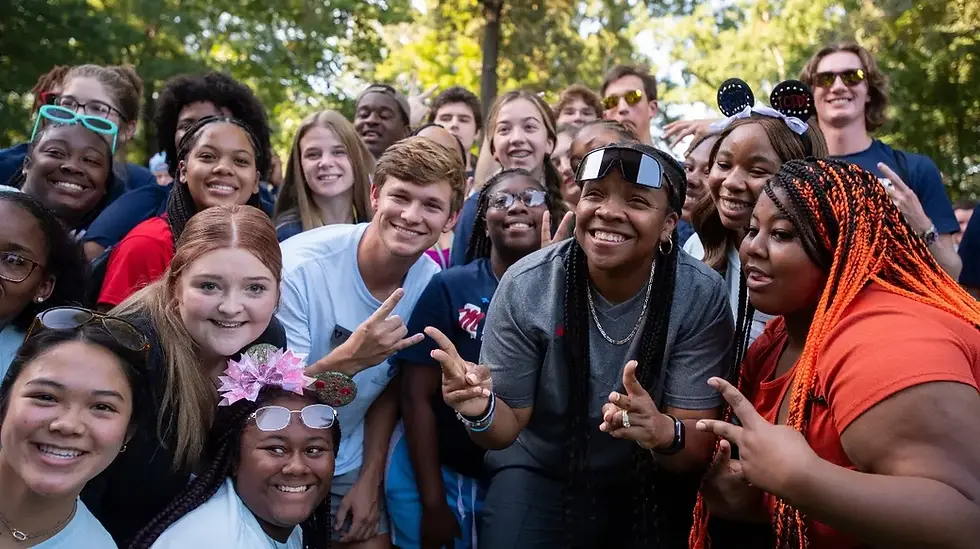Segregation now: Evanston High offers all-black and all-Latino classes
- Joanne Jacobs

- Nov 28, 2023
- 2 min read
Black students can opt to take all-black classes -- with a black teachers -- in math and writing at Evanston Township High School near Chicago. Latino students can do the same. Segregated classes could narrow the large racial achievement gap, say district officials, report Sara Randazzo and Douglas Belkin for the Wall Street Journal.

Nearly 200 students have signed up for the "affinity classes" in algebra 2, precalculus and AP calculus, plus a writing seminar, they report. Educators hope they'll feel more comfortable in class, attend more regularly and do better. (Technically, the classes are open to all students, but it's made clear that they're not meant for white or Asian students.)
All this is done in the name of "equity," of course. The school board states: “Recognizing that racism is the most devastating factor contributing to the diminished achievement of students, ETHS will strive to eliminate the predictability of academic achievement based upon race.”
Evanston, the home of Northwestern University, is a very liberal town: It's the first in the country to pay reparations to black residents. The 3,600-student high school is 44 percent white, 24 percent Black, 20 percent Hispanic and 5 percent Asian. But advanced classes are mostly white and Asian.

“I feel like I represent me and not the whole black race in this AP class,” said a student in a testimonial presented by teachers. “It’s a safe space. In AP classes that are mostly white, I feel like if I answer wrong, I am representing all black kids. I stay quiet in those classes.”
I can see that it might be easier to learn in a "safe space." But what happens when these students go to college and then into the workforce?
It will be interesting to see how segregated AP calculus students do on the AP exam: Currently the pass rate is much lower for black and Hispanic students than for white and Asian students.
"School districts in Minneapolis, Seattle, San Francisco and Oakland, Calif., offer optional, race-specific elective courses," write Randazzo and Belkin. "Federal antidiscrimination laws prevent public schools from mandatorily separating students by race, but education lawyers say optional courses can comply with the law."
“A lot of times within our education system, Black students are expected to conform to a white standard. In our spaces, you don’t have to shed one ounce of yourself because everything about our space is rooted in Blackness.” -- Dena Luna, Minneapolis Public Schools.
Typically, segregated classes are in African-American or Mexican-American history or literature, not in core academic classes. It's harder to see how pre-calc might be "rooted in blackness."
Black boys who took the all-black electives in 2017 in Minneapolis had better attendance, and average GPAs of 2.27, compared with 2.14 for Black males districtwide, according to the district. But grades are subjective. And it's easy to boost graduation rates by lowering standards. Were their tests scores higher? My favorite comment on the Journal story: "Can we get them their own water fountains?"



My guess is that those 200 students signed up because they expect the classes to be easy to pass and not require much, if any, attendance. I'll bet they're right. Which, of course, means the school system has made it easy for the students to cheat themselves out of an education. Great work all around!
Ever since Bakke, the argument has been that schools need diversity so that white students will be better educated. Then Evanston goes and steps all over that idea. I guess all the talk of diversity as an excuse for separate and unequal admission standards was really a lie and affirmative action has always been about identity group benefits.